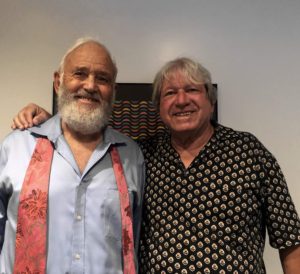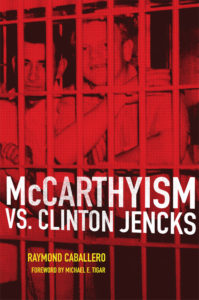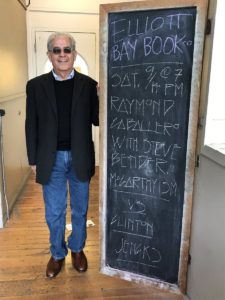Podcast: Play in new window | Download
U.S. Judge Sides With Chevron, Blocks $9.5 Billion Judgement, Donziger Arrested.
In 2012 the Ecuadorian Supreme Court ordered the oil giant Chevron to pay $9.5 billion in damages to five indigenous tribes of the Amazon rain forest. It was one of the largest judgments in history.
The court ruled that Chevron systematically contaminated a patch of the Amazon forest the size of Rhode Island. The people there are suffering from cancer and other diseases and forced to drink toxic water and grow crops on poisoned land.
Chevron retaliated. They sued in federal court in the Southern District of New York, got Judge Louis Kaplan, an extremely pro corporate judge, who sided with the second largest oil company in the world, blocked the judgment from being enforced, and instead had the peoples’ attorney Steven Donziger charged with racketeering arrested, confined to his home, forced to wear an ankle bracelet, and suspended from the practice of law.
On March 4, 2019 the judge declared the judgment null and void. He said it was the fruit of an illegal shakedown, the result of “a five-year effort to extort and defraud Chevron.“ Donziger responded saying that the judge was an accomplice in “the biggest corporate retaliation campaign in history.“ He told Rolling Stone magazine that “Chevron has spent over $2 billion trying to wear us out and shut us down.”
The oil companies sole witness to its central charge of bribery was a corrupt Ecuadorian ex-judge named Alberto Guerra. They gave him $2 million, got him American citizenship, and installed him and his family in a home in the United States.
Guest – Attorney Martin Garbus, one of three pro bono lawyers representing Donziger in an attempt to get his law license restored.
Guest – Paul Paz y Miño, Associate Director at Amazon Watch since 2007, and a professional human rights, corporate accountability and environmental justice advocate.
—-
McCarthyism vs. Clinton Jencks By Raymond Caballero
Clinton Jencks was a decorated World War II hero, who in 1950 led a local of the International Union of Mine, Mill, and Smelter Workers in the famed Empire Zinc strike. It was memorialized in the blacklisted 1954 film Salt of the Earth—in which wives and mothers replaced strikers on the picket line after an injunction barred the miners themselves. Jencks was also a target of Senator Joe McCarthy’s anticommunist hysteria in which thousands lost their jobs, careers and reputations, even though none had committed a crime. Three years after the strike, Jencks was arrested and charged with falsely denying that he was a Communist. He was sentenced to five years in prison.
The Supreme Court in Jencks v. United States (1957), overturned his conviction in a landmark decision that mandated providing an accused person any previously hidden witness statements so that cross-examinations could be effective. In the new book McCarthyism vs. Clinton Jencks, scholar Raymond Caballero reveals for the first time that the FBI and the prosecution knew all along that Clinton Jencks was innocent.
Jencks’s case typified the era, exposing the myriad of injustices many suffered at the hands of McCarthyism. His journey for justice offers a new window into the McCarthy era’s oppression, which irrevocably damaged the lives, careers, and reputations of thousands of Americans.’
Guest – Raymond Caballero, author of Orozco: The Life and Death of a Mexican Revolutionary. Human rights attorney Michael E. Tigar wrote the introduction to McCarthyism vs. Clinton Jencks.
————————-
————————-




